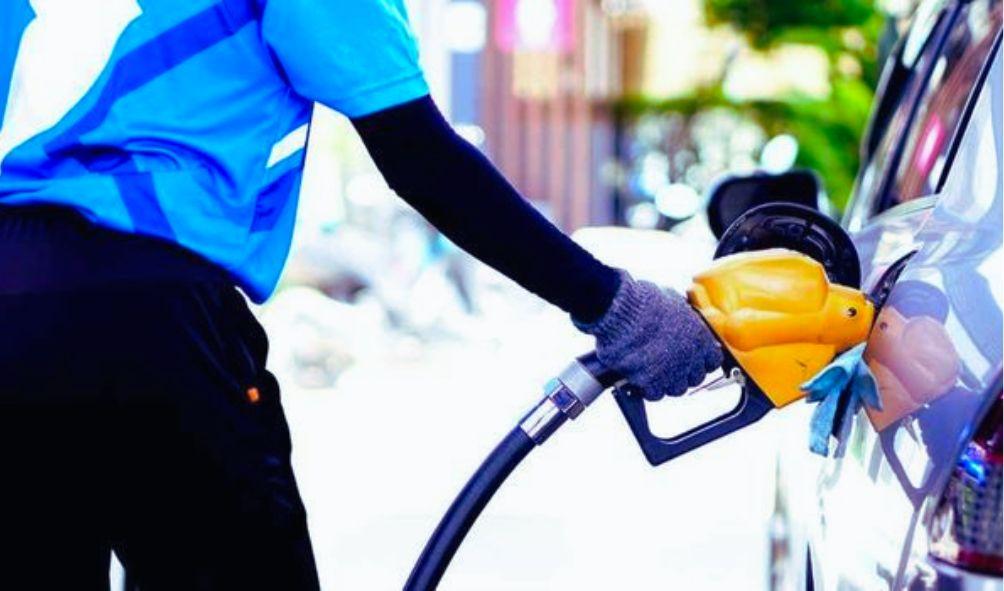MPs Renew Push to Export Oil as EPRA Plans to Raise Petrol Prices Again by Ksh7.80
Kenya is making fresh efforts to start its long-delayed oil exports. Lawmakers have set a June 2025 deadline for the Energy Ministry and British firm Tullow Oil to finalize plans for the Turkana oil fields. This decision comes as petrol prices rise by Ksh7.80 per litre, affecting consumers and businesses.
Government Urges Fast Action on Oil Exports
The National Assembly’s Liaison Committee has directed the Energy Ministry and the Energy and Petroleum Regulatory Authority (EPRA) to approve Tullow Oil’s Field Development Plan (FDP) quickly. The committee also wants the government to find a strategic investor for the Turkana oil project.
The goal is to commercialize Kenya’s crude oil, discovered over ten years ago, to boost the economy and reduce dependence on imported fuel.
Lawmakers Call for Transparency in Oil Fund
Lawmakers have recommended changes to the Petroleum Development Levy Fund Act. They want the Principal Secretary in charge of Petroleum to manage the fund for better transparency. The deadline for this change is also set for June 2025.
Challenges Facing Kenya’s Oil Exports
Despite the renewed push, several challenges remain. Tullow Oil, which discovered oil in Turkana in 2012, has struggled to find investors. In 2023, its two joint venture partners pulled out, creating financial uncertainty.
Tullow submitted a revised FDP in March 2024, but the government rejected it due to financial concerns. The company now has until December 2024 to address these issues. Officials worry about Tullow’s ability to fund the multi-billion-shilling project without partners.
Infrastructure and Logistics Hurdles
Kenya must also solve infrastructure problems. The Turkana oil fields are 800 km from the Mombasa port, requiring a pipeline to transport crude. Additionally, Turkana oil is waxy and solidifies below 40 degrees Celsius, making transport difficult.
To solve these issues, Kenya is considering a regional partnership with South Sudan. Tullow CEO Rahul Dhir has suggested combining Kenya’s oil exports with South Sudan’s output. This could justify building a larger pipeline for both nations.
Delays and Community Concerns
The Lokichar-Lamu Crude Oil Pipeline, initially expected to be completed by 2025, has faced funding and logistical delays. Local communities in Turkana also have concerns about fair profit-sharing and environmental impacts.
Kenya’s first oil export happened in 2019, with a test shipment of 200,000 barrels. However, full-scale production has not yet started. The government remains hopeful that oil exports will create jobs, generate revenue, and reduce Kenya’s trade deficit.
Petrol Prices Rise Amid Oil Export Push
As Kenya pushes for oil exports, EPRA has announced higher petrol prices. The increase of Ksh7.80 per litre includes a Ksh4.59 rise in retailer margins and a Ksh0.69 financing surcharge. This price hike is expected to spark mixed reactions from consumers and businesses.
Despite challenges, Kenya’s oil export plans could bring economic benefits if the government and industry players address the financial, logistical, and environmental concerns effectively.
MPs Renew Push to Export Oil as EPRA Plans to Raise Petrol Prices Again by Ksh7.80
